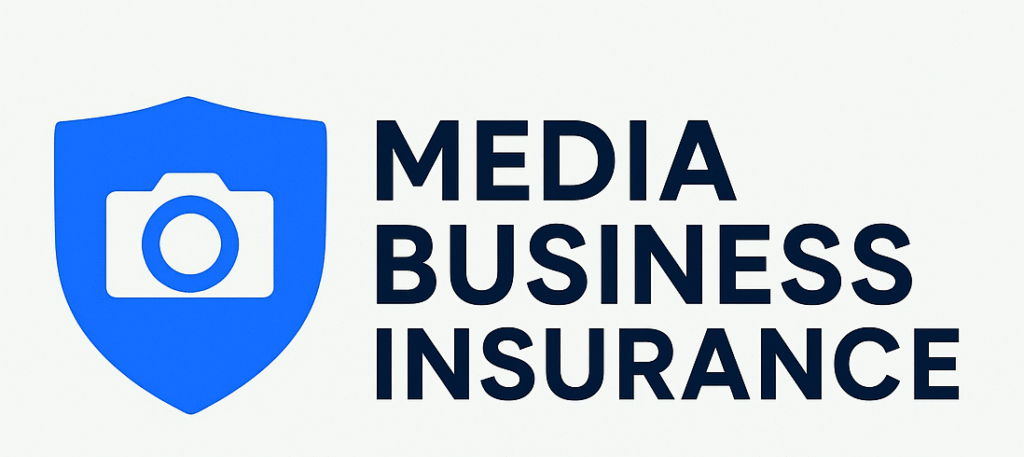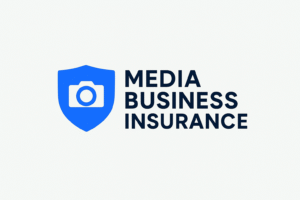How to Protect Your Marketing Agency from Legal Risks
In the fast-paced world of marketing, where creativity, technology, and data converge, protecting your marketing agency from legal risks is crucial for its long-term success. Marketing agencies are not immune to legal issues, and the risks can stem from multiple areas, including intellectual property, client agreements, advertising practices, and employee relations. For a smooth and worry-free operation, it’s essential to understand and mitigate these risks.
At Media Business Insurance, we specialize in helping marketing agencies protect themselves through comprehensive insurance and legal strategies. In this post, we’ll cover the key steps your agency can take to safeguard against common legal risks in the marketing industry.
1. Draft Clear Client Contracts
One of the first steps in protecting your marketing agency from legal risks is ensuring that you have detailed, clear, and legally binding contracts with your clients. Contracts serve as a safeguard for both parties, laying out the expectations, responsibilities, and deliverables.
A well-drafted contract should cover the following:
-
Scope of Work: Define the specific services you will provide.
-
Payment Terms: Include clear payment schedules, amounts, and any additional costs.
-
Ownership of Work: Specify who owns the rights to the intellectual property created.
-
Dispute Resolution: Outline how disagreements will be resolved, including mediation or arbitration.
-
Termination Clauses: Define the process and conditions under which either party can terminate the agreement.
2. Protect Your Intellectual Property (IP)
In marketing, intellectual property is the heart of your business. From branding materials, logos, creative campaigns, and proprietary strategies, your agency’s intellectual property must be protected. Without proper IP protection, others could misuse or claim your ideas as their own.
Steps to protect your IP:
-
Trademark Your Brand: Ensure your agency’s name, logo, and slogan are trademarked to prevent others from using them.
-
Copyright Your Creative Works: Copyright your marketing materials, advertisements, websites, and written content.
-
Non-Disclosure Agreements (NDAs): Have employees and contractors sign NDAs to protect any sensitive client information or trade secrets.
3. Follow Advertising and Privacy Laws
Marketing agencies must comply with numerous advertising laws and privacy regulations. Violating these laws can result in fines, lawsuits, or damage to your reputation. Here are some key regulations to keep in mind:
-
FTC Advertising Guidelines: The Federal Trade Commission (FTC) enforces laws against deceptive or misleading advertising. Make sure all ads and marketing materials are truthful, transparent, and substantiated.
-
General Data Protection Regulation (GDPR): If you handle personal data of EU residents, you must comply with the GDPR. Ensure that your agency has strict data protection measures in place, especially if you’re collecting, storing, or processing client data.
-
California Consumer Privacy Act (CCPA): If you do business with California residents, ensure your marketing efforts comply with the CCPA. This includes allowing consumers to opt out of data sharing and providing them with easy access to their data.
4. Secure Employment Practices
As your agency grows, you’ll likely hire employees and collaborate with freelancers or contractors. It’s essential to have clear employment policies in place to avoid potential labor disputes or employment-related legal issues.
Key steps for securing employment practices:
-
Written Employment Agreements: Define the terms of employment, job duties, and compensation.
-
Employee Handbooks: Outline workplace expectations, anti-harassment policies, and company benefits.
-
Classifying Workers Correctly: Ensure that you classify workers as either employees or independent contractors based on their role and responsibilities to avoid legal complications.
5. Get the Right Insurance
While preventative legal measures are essential, sometimes things go wrong, and that’s where insurance comes in. Insurance can provide financial protection in case your agency faces a lawsuit or other legal challenges. At Media Business Insurance, we offer tailored coverage options for marketing agencies.
Key types of insurance for marketing agencies:
-
Professional Liability Insurance: Protects your agency if a client claims your services were negligent or resulted in financial loss.
-
General Liability Insurance: Covers damages or injuries that happen on your premises or as a result of your agency’s actions.
-
Cyber Liability Insurance: Covers data breaches or cyber-attacks, especially if your agency handles sensitive client data.
-
Workers’ Compensation Insurance: Required if you have employees, this insurance covers medical expenses if an employee is injured on the job.
6. Stay Up-to-Date with Industry Trends and Regulations
The marketing industry is constantly evolving, with new technologies and laws regularly emerging. Staying informed about legal changes, trends, and best practices is crucial to maintaining your agency’s compliance.
-
Subscribe to Legal Newsletters: Stay updated with legal trends and marketing law changes by subscribing to relevant newsletters.
-
Consult Legal Experts: Regularly consult with legal experts or hire an attorney to ensure your agency is always in compliance with current laws and regulations.
Frequently Asked Questions (FAQs)
Q: Why is it important for marketing agencies to have a written contract with clients? A: A written contract protects both parties by clearly defining the terms of the agreement, including scope of work, payment terms, and intellectual property ownership. It helps avoid misunderstandings and potential legal disputes.
Q: What are the most common legal issues marketing agencies face? A: The most common legal issues include breach of contract, intellectual property disputes, non-compliance with advertising laws, privacy violations, and employment-related disputes.
Q: How can I protect my marketing agency from lawsuits? A: To protect your agency, ensure you have clear contracts, protect intellectual property, comply with advertising and privacy laws, and maintain proper insurance coverage. It’s also important to seek legal advice regularly.
Q: What kind of insurance should my marketing agency have? A: Essential insurance options for marketing agencies include professional liability insurance, general liability insurance, cyber liability insurance, and workers’ compensation insurance.
Q: Do I need to follow privacy laws for international clients? A: Yes, privacy laws like the GDPR and CCPA apply to any data collected from clients or customers in specific regions, even if your agency is based elsewhere. Always ensure compliance with the privacy laws relevant to your clients’ location.
Conclusion
Legal risks are inevitable in any business, including marketing agencies. However, by being proactive in addressing these risks, you can safeguard your agency’s reputation and financial stability. From ensuring solid contracts with clients to having the right insurance in place, every step you take can help mitigate potential legal problems. At Media Business Insurance, we understand the unique risks faced by marketing agencies and offer tailored insurance solutions to help protect your business.
If you’re looking to secure your marketing agency from legal risks, contact Media Business Insurance today for expert advice and the right coverage.


